Introduction
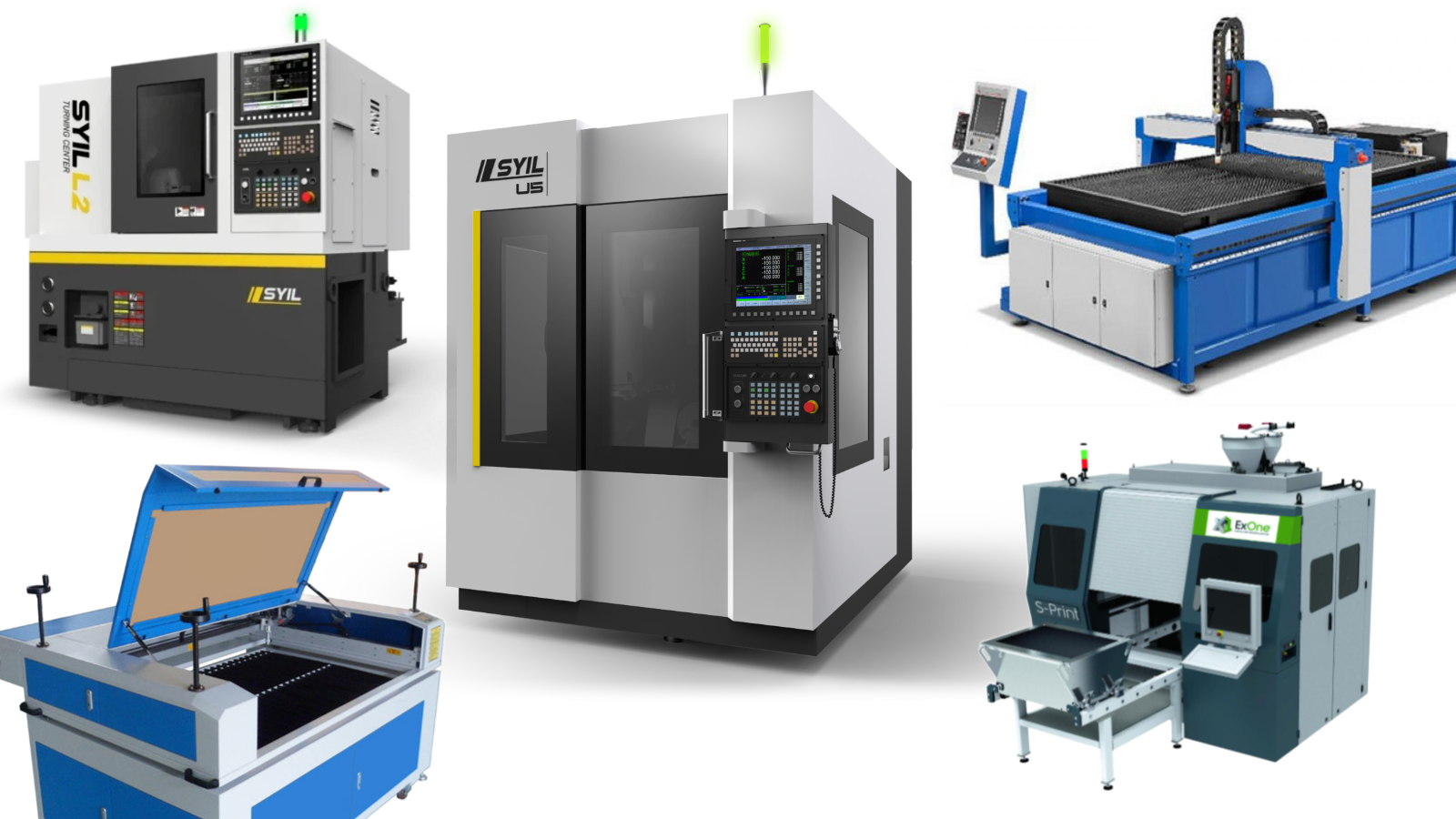
In the realm of modern manufacturing, CNC machines have revolutionized the way we approach production processes. These remarkable tools utilize computer numerical control to automate machining tasks, ensuring high precision and efficiency. Particularly in the automotive industry, the role of an automotive CNC machine cannot be overstated, as it plays a vital part in producing intricate components with unparalleled accuracy.
What Are CNC Machines?
CNC machines are advanced manufacturing devices that rely on computer systems to control their operations. By utilizing a range of cutting tools and techniques—including CNC milling and CNC lathe operations—these machines can create complex shapes and designs with minimal human intervention. This automation not only speeds up production times but also enhances the consistency and quality of finished products.
Importance in the Automotive Industry
The automotive industry heavily relies on precision machining to manufacture parts that meet strict safety and performance standards. An automotive CNC machine enables manufacturers to produce components such as engine blocks, transmission housings, and intricate gear assemblies with exceptional accuracy. This reliance on technology helps reduce waste, lower costs, and ultimately leads to better-performing vehicles.
Overview of Machine Types
There are several types of CNC machines utilized within the automotive sector, each serving unique functions tailored to specific tasks. Among these are CNC milling machines for shaping materials into desired forms, CNC lathes for turning operations that create cylindrical parts, and advanced 3D printers for rapid prototyping. Understanding these various types is crucial for selecting the right machine for your needs in online CNC machining projects or traditional manufacturing endeavors.
CNC Milling Machines
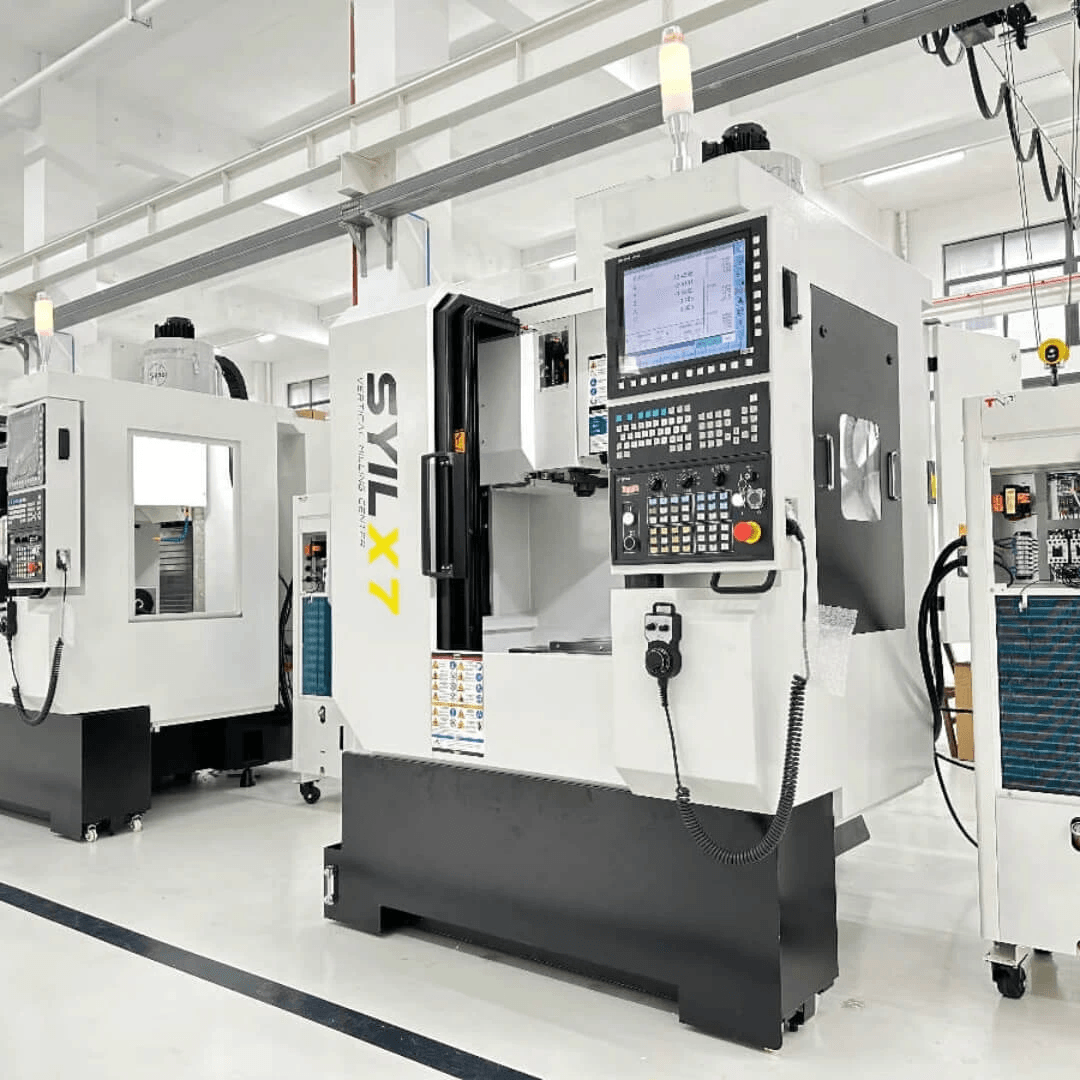
CNC milling machines are the workhorses of precision machining in various industries, including automotive manufacturing. Utilizing computer numerical control (CNC), these machines can create intricate parts by removing material from solid blocks, allowing for high accuracy and repeatability. In the automotive sector, CNC milling is essential for fabricating components such as engine blocks, brackets, and housings with exceptional detail.
Functions and Uses
CNC milling machines perform a multitude of functions that are vital to automotive production. They can execute operations like drilling, boring, and contouring with remarkable precision. This versatility makes them indispensable for producing both one-off prototypes and large-scale production runs in the automotive industry.
Moreover, with advancements in technology, online CNC machining services have emerged that allow manufacturers to order custom parts quickly and efficiently. This has revolutionized how companies approach their supply chains, enabling rapid prototyping and adjustments based on design changes or customer feedback. The ability to adapt swiftly is crucial in an industry that demands innovation at every turn.
Key Manufacturers
Companies like Haas Automation and DMG Mori have established themselves as leaders by producing high-quality machines tailored for precision CNC machining tasks specific to the automotive sector. Their machines often feature advanced controls that enhance usability while ensuring consistent output quality.
Additionally, brands such as Mazak and Hurco offer robust solutions designed specifically for complex automotive components that require tight tolerances. These manufacturers continually invest in research and development to keep up with evolving industry standards, ensuring their products remain at the cutting edge of technology. As a result, they provide automotive engineers with tools capable of meeting today's demanding specifications.
Benefits in Automotive Production
The benefits of using CNC milling machines in automotive production are manifold and significant. First off, they enable precision machining that results in higher quality parts with less waste compared to traditional methods—this is crucial when dealing with components where performance depends on exact dimensions. Furthermore, these machines can operate continuously without sacrificing accuracy or speed.
Another advantage is their ability to produce complex geometries that would be nearly impossible using manual techniques or other types of machinery like a CNC lathe alone. This capability allows manufacturers to innovate more freely while reducing lead times significantly through efficient programming capabilities offered by modern software solutions integrated into these systems.
In summary, investing in an automotive CNC machine equipped with advanced milling capabilities not only enhances productivity but also ensures superior quality across all manufactured components—making it a cornerstone technology within the industry.
CNC Lathes
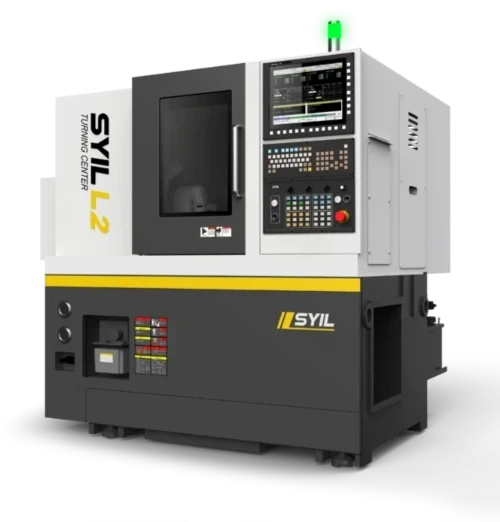
CNC lathes are the unsung heroes of precision machining in the automotive industry. These machines utilize computer numerical control (CNC) technology to automate the turning process, allowing for consistent and accurate production of complex parts. With their ability to shape materials into cylindrical forms, CNC lathes have become indispensable in crafting everything from engine components to intricate interior fittings.
How They Work
At the heart of a CNC lathe lies a rotating workpiece that is shaped by various cutting tools controlled by a computer program. The operator inputs specific dimensions and tolerances into the system, which then guides the tools to remove material with incredible precision. This automated process not only enhances efficiency but also significantly reduces human error, making it a preferred choice for automotive CNC machining.
The versatility of CNC lathes allows them to perform multiple operations such as drilling, threading, and tapering—all in one setup. This capability streamlines production workflows and cuts down on time spent switching between different machines. As a result, manufacturers can achieve higher output rates while maintaining quality standards essential in automotive production.
Popular CNC Lathe Models
When it comes to popular CNC lathe models, several names stand out for their reliability and performance in precision machining. Brands like Haas Automation, Mazak, and DMG Mori offer advanced features that cater specifically to the needs of automotive manufacturers seeking high-quality results from their CNC lathes. These models often come equipped with user-friendly interfaces that simplify programming and operation.
Another notable mention is the Okuma Genos L Series, known for its robust construction and exceptional accuracy—perfect for producing critical automotive components where every millimeter counts. Additionally, there are compact options like Tormach's PCNC 440 that appeal to smaller workshops looking for an affordable yet effective solution for online CNC machining tasks without sacrificing performance.
As technology advances, newer models continue to emerge with enhanced capabilities such as live tooling and multi-axis configurations which expand their functionality even further. This evolution ensures that automotive engineers can always find a suitable machine tailored to their specific production requirements.
Precision Machining in Automotive Parts
Precision machining using CNC lathes plays a pivotal role in creating high-quality automotive parts that meet stringent industry standards. The ability of these machines to produce intricate designs with tight tolerances ensures that every component fits perfectly within larger assemblies—critical for vehicle safety and performance. From crankshafts to transmission gears, every part benefits from the accuracy offered by precision CNC machining.
Moreover, advancements in CAD/CAM software allow designers to create complex geometries easily translated into machine code for lathes—making prototyping faster than ever before! This synergy between design software and CNC technology means fewer errors during manufacturing processes while enabling rapid iteration on designs based on real-world testing feedback.
In conclusion, as automakers strive towards greater efficiency and sustainability goals, embracing advanced technologies like CNC lathe systems will be crucial moving forward. Their unmatched ability to deliver precise results consistently positions them at the forefront of modern manufacturing practices within the automotive sector.
3D Printers
The rise of 3D printers has transformed the landscape of automotive prototyping, allowing manufacturers to create intricate designs with unprecedented speed and efficiency. Unlike traditional methods, which often require extensive tooling and setup time, computer numerical control (CNC) technology enables rapid iteration and testing of prototypes. This flexibility is crucial in the fast-paced automotive industry, where time-to-market can make or break a new vehicle model.
Role in Automotive Prototyping
In automotive prototyping, 3D printers serve as a game-changer by facilitating rapid prototyping of components before they go into full-scale production. Engineers can quickly produce functional prototypes that are used for testing fit, form, and function—streamlining the design process significantly. With precision CNC machining capabilities, these machines produce parts that closely mimic the final product's performance, reducing the risk of costly errors during production.
Leading Brands in 3D Printing
Several leading brands have emerged as frontrunners in the field of 3D printing for automotive applications. Companies like Stratasys and Ultimaker offer advanced machines that cater specifically to the needs of automotive manufacturers looking to enhance their design processes through online CNC machining solutions. These brands provide robust support systems and software integration that further optimize precision machining workflows.
Comparison with Traditional CNC Methods
When comparing 3D printing to traditional CNC methods such as CNC milling or using a CNC lathe, several key differences emerge. While traditional CNC milling machines excel at producing high-precision parts from solid blocks of material, they often involve longer lead times due to setup requirements and tooling changes. In contrast, 3D printers allow for more complex geometries without additional tooling costs or delays—making them an attractive option for modern automotive manufacturing.
Waterjet Cutting Machines
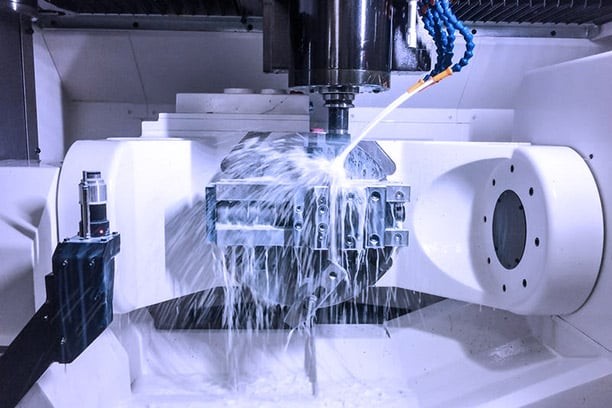
Waterjet cutting machines are revolutionizing the way automotive components are manufactured, providing a unique blend of precision and versatility. Using high-pressure water mixed with abrasive materials, these machines can slice through various materials with ease, making them a vital tool in the automotive CNC machine arsenal. The ability to cut without generating heat ensures that the integrity of the material remains intact, which is crucial for precision machining.
Mechanism of Action
The mechanism behind waterjet cutting is both simple and ingenious. A high-pressure pump forces water through a small nozzle, creating a jet that can reach speeds over 900 miles per hour. When combined with an abrasive material like garnet, this powerful stream can cut through metals, plastics, and composites with remarkable accuracy, making it an essential process in modern automotive manufacturing.
Applications in Automotive Body Parts
In the automotive industry, waterjet cutting machines are widely used to create intricate designs for body parts such as doors, hoods, and panels. This technology allows for precise cuts that reduce waste and eliminate the need for secondary machining processes often required by traditional CNC milling or CNC lathe operations. The versatility of waterjet cutting enables manufacturers to produce complex shapes while maintaining tight tolerances essential for fitment and performance.
Advantages Over Traditional Cutting
Waterjet cutting machines offer several advantages compared to traditional cutting methods like CNC milling or CNC lathes. Firstly, they produce minimal heat-affected zones (HAZ), preventing warping or structural changes in sensitive materials—a common issue in conventional machining processes. Additionally, their capability to handle multiple materials without requiring tool changes makes them more efficient for high-volume production runs typical in automotive component manufacturing.
SYIL CNC Machines
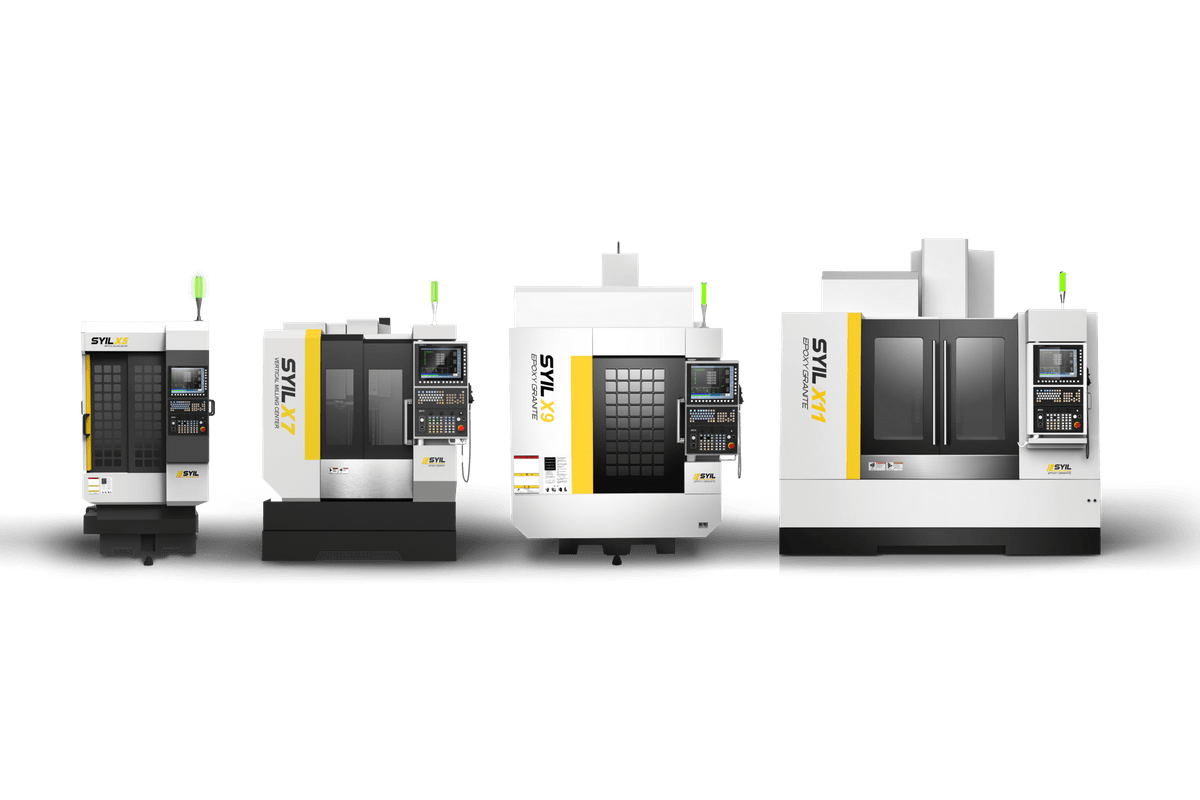
When it comes to precision machining in the automotive industry, SYIL CNC machines stand out for their impressive capabilities and user-friendly designs. Among them, the SYIL X5 Mini is a remarkable example of how computer numerical control (CNC) technology can be tailored for various applications, including automotive component production. With its compact size and robust features, this machine is ideal for both small workshops and large manufacturing facilities looking to enhance their online CNC machining capabilities.
Features of the SYIL X5 Mini
The SYIL X5 Mini boasts a range of features that make it an attractive option for anyone involved in automotive CNC machining. It offers high-speed spindle options, allowing for efficient CNC milling processes that enhance productivity without compromising on precision. Additionally, its advanced software interface simplifies operation, enabling users to program complex designs with ease—perfect for those intricate automotive parts that require exact specifications.
This machine also includes a rigid frame design that minimizes vibrations during operation, ensuring consistent quality in every cut or engraving. Its compact footprint makes it suitable for limited spaces while still providing ample work area—ideal for shops focusing on precision CNC machining without the need for vast floor space. In summary, the SYIL X5 Mini combines power and versatility in one sleek package tailored to meet the demands of modern automotive production.
Prototyping and Engraving Capabilities
Prototyping is a critical phase in automotive design where ideas transform into tangible components, and the SYIL X5 Mini excels in this regard. Its ability to execute detailed engravings allows designers to create intricate patterns or branding directly onto parts—a feature not often found in typical CNC milling machines at this price point. This capability streamlines workflows by reducing the need for secondary operations after initial machining.
Moreover, with its high-resolution output and precision controls, users can create prototypes that closely mimic final products—ensuring testing phases yield reliable data before mass production begins. The flexibility of this machine supports various materials commonly used in automotive manufacturing—from metals to plastics—making it an invaluable tool across different prototyping scenarios. In essence, the SYIL X5 Mini empowers engineers and designers alike to innovate without limits.
Applications in Automotive Component Design
The applications of the SYIL X5 Mini extend far beyond simple prototyping; they encompass a wide array of tasks essential to automotive component design as well. From creating custom brackets and housings to producing complex engine components with tight tolerances, this machine facilitates precise manufacturing processes vital for modern vehicles' performance and safety standards. The integration of advanced computer numerical control technology ensures that each part produced meets stringent quality criteria demanded by today's competitive market.
Furthermore, as manufacturers increasingly turn toward online CNC machining services to expedite production timelines, having reliable equipment like the SYIL X5 Mini becomes crucial for staying ahead of industry trends. Its adaptability allows businesses to pivot quickly between projects while maintaining high-quality output—a significant advantage when responding to ever-changing consumer preferences or regulatory requirements within the automotive sector. Ultimately, investing in such sophisticated machinery positions companies favorably within an increasingly tech-driven landscape.
Conclusion
The world of automotive CNC machining is evolving rapidly, and the future holds exciting possibilities. With advancements in computer numerical control (CNC) technology, manufacturers are poised to achieve unprecedented levels of efficiency and precision. As we look ahead, it's clear that the integration of smart technologies and automation will redefine how automotive components are designed and produced.
Future Trends in Automotive CNC Machining
One major trend shaping the future of automotive CNC machines is the rise of Industry 4.0, which emphasizes connectivity and data exchange among machines. This shift toward smart manufacturing means that CNC milling machines will increasingly be equipped with sensors that monitor performance in real-time, allowing for immediate adjustments and minimizing downtime. Additionally, online CNC machining platforms are gaining traction, enabling companies to outsource precision machining tasks quickly and efficiently while maintaining high standards.
Enhancing Precision with Technology
The quest for precision in automotive manufacturing continues to drive innovations in CNC technology. Enhanced software algorithms now allow for more sophisticated programming in CNC milling machines and CNC lathes, resulting in tighter tolerances and improved surface finishes on machined parts. Furthermore, the integration of artificial intelligence into precision CNC machining processes is expected to streamline operations even further by predicting maintenance needs before they become critical.
Choosing the Right CNC Machine for Your Needs
Selecting the right automotive CNC machine can be a daunting task given the variety available on the market today. Factors such as production volume, component complexity, and desired material properties should guide your decision-making process when considering options like CNC milling or lathe machines. Ultimately, understanding your specific requirements will help you choose a machine that not only meets your current needs but also adapts as technology advances.

